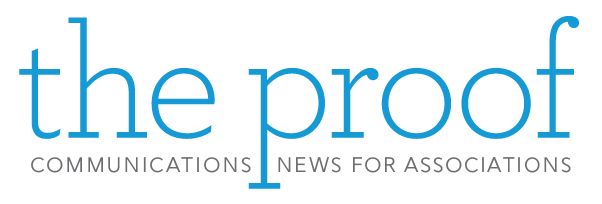
As the new year approaches, it’s an opportune time for reflection and strategic planning. Setting goals not only on an individual level but also for your team and company as a whole can provide a roadmap for success in the coming year. In this article, we’ll explore the importance of setting New Year’s goals for your team and company, as well as strategies for creating meaningful and achievable objectives.
Reflect on Past Achievements and Challenges:
Before diving into new goals, take the time to reflect on the past year. Celebrate the successes and acknowledge the challenges your team and company faced. Understanding what worked well and where improvements can be made lays the groundwork for setting realistic and relevant goals for the upcoming year.
Align Goals with Company Vision and Mission:
Ensure that the goals you set for the new year align with your company’s overarching vision and mission. This alignment provides a sense of purpose and direction for your team, fostering a collective understanding of how individual efforts contribute to the larger organizational objectives. Clearly articulate how each goal supports the company’s long-term strategy.
Set SMART Goals:
Adopt the SMART criteria when outlining your team and company goals. Specific, Measurable, Achievable, Relevant, and Time-bound goals provide a clear framework for success. For example, instead of a vague goal like “increase sales,” consider a SMART goal such as “achieve a 15% increase in sales by the end of the second quarter through targeted marketing initiatives and expanded client outreach.”
Foster Collaboration and Team Involvement:
Include your team in the goal-setting process to enhance collaboration and ownership. Encourage open discussions and gather input from team members to ensure that the goals resonate with everyone. When team members feel involved in the goal-setting process, they are more likely to be committed to their achievement.
Prioritize Professional Development:
Incorporate goals related to professional development for both individuals and the team as a whole. This could involve skill-building workshops, cross-training initiatives, or mentorship programs. Investing in the growth and development of your team contributes not only to their success but also to the overall success of the company.
Establish Key Performance Indicators (KPIs):
Define key performance indicators that will measure progress toward your goals. These metrics provide a tangible way to track success and identify areas that may need adjustments. Regularly review and analyze KPIs to stay on course and make informed decisions based on real-time data.
Foster a Culture of Accountability:
Create a culture of accountability where team members are responsible for their individual contributions to the team’s goals. Regular check-ins and progress updates can help identify any challenges early on, allowing for timely adjustments and ensuring that everyone is working toward the common objectives.
Setting New Year’s goals for your team and company is a powerful tool for driving success and fostering a sense of purpose. By reflecting on the past, aligning goals with the company’s vision, setting SMART objectives, involving the team in the process, prioritizing professional development, establishing KPIs, and fostering a culture of accountability, you lay the foundation for a year of growth, achievement, and collective success.







